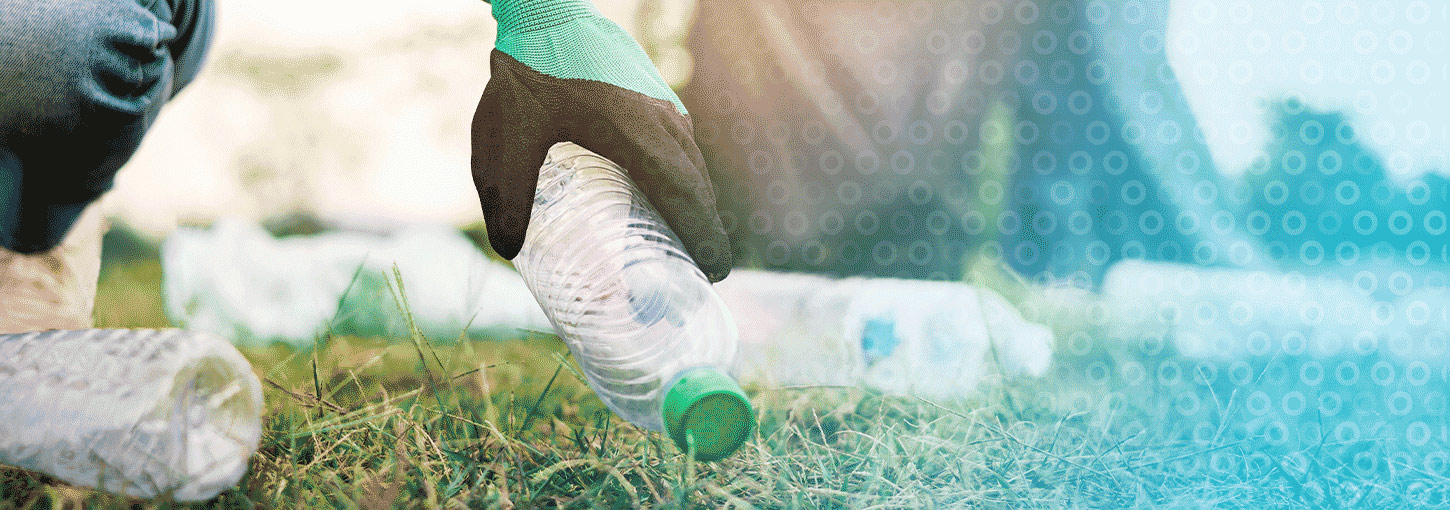Vandals Recycle
In alignment with our values, University of Idaho is reintroducing recycling to our campus. Recycling allows us to divert materials from landfills while reducing the need to extract, refine and process raw materials for new products and subsequently decreases air pollution, water pollution and greenhouse gas emissions.
Frequently Asked Questions About Recycling
Recycling allows us to divert usable materials from landfills while also reducing the need for extracting, refining and processing raw materials. This helps cut down on air and water pollution and saves energy, which can help reduce greenhouse gas emissions.
After we have reduced our consumption of materials and reused what we can, recycling provides a way to manage our waste more responsibly.
The main ways you can help are:
- Make a commitment to recycle when you can.
- Be conscious! Do your part to eliminate contamination in the materials you recycle.
- Educate yourself and those around you about proper recycling techniques. Learn how to recycle on campus.
- Reduce and reuse items to decrease the overall volume of material that enters the waste stream.
Visit the Student Sustainability Cooperative's Recycling guide for more information.
Yes. All items must be clean, rinsed, and dry. Remember: when in doubt, throw it out! Wishful recycling (putting items you think should be recycled into the recycling bin) can lead to an entire load of recyclable items being sent to the landfill.
Contact Information
Solid waste/Recycling:
208-885-2025
recycle@uidaho.edu
Director of Facility Services:
208-885-2820
kmccurry@uidaho.edu
Quick response:
208-885-6599
dailor@uidaho.edu







